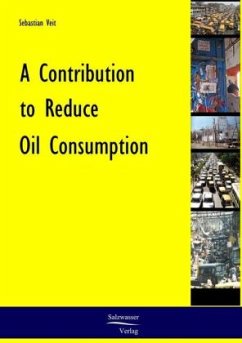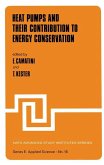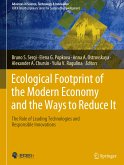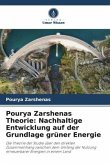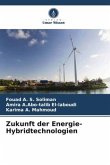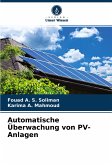Reduction of Fossil energy utilization, Climate Change and economic progress for developing countries are the key themes of this book. It has been written for the Global Studies Program a cross disciplinary masters program. The underlying research was conducted in southern and west- Africa, India and Germany. As the International Energy Agency (IEA) noted in its input papers to the 2007 G8 summit in Germany, energy efficiency gains can decrees the overall consumption by 30 %. However, this estimate holds true for industrialized nations. The picture for Africa is rather dismal: over the last 20 years the oil intensity of industrialized nations has decreased by more than 30 % whilst across Africa it has increased by roughly 5 %. The recent oil price increases are certainly aggravating the vulnerability of developing economies.The book at hand provides an innovative strategy to reduce national oil consumption, by taking the socio-economic circumstances of developing countries into consideration. Hence, the goal of economic progress can be supported by implementing this policy. Thus, the target group for this book are policy and decision makers, the development community, academia and the interested public.
Bitte wählen Sie Ihr Anliegen aus.
Rechnungen
Retourenschein anfordern
Bestellstatus
Storno

